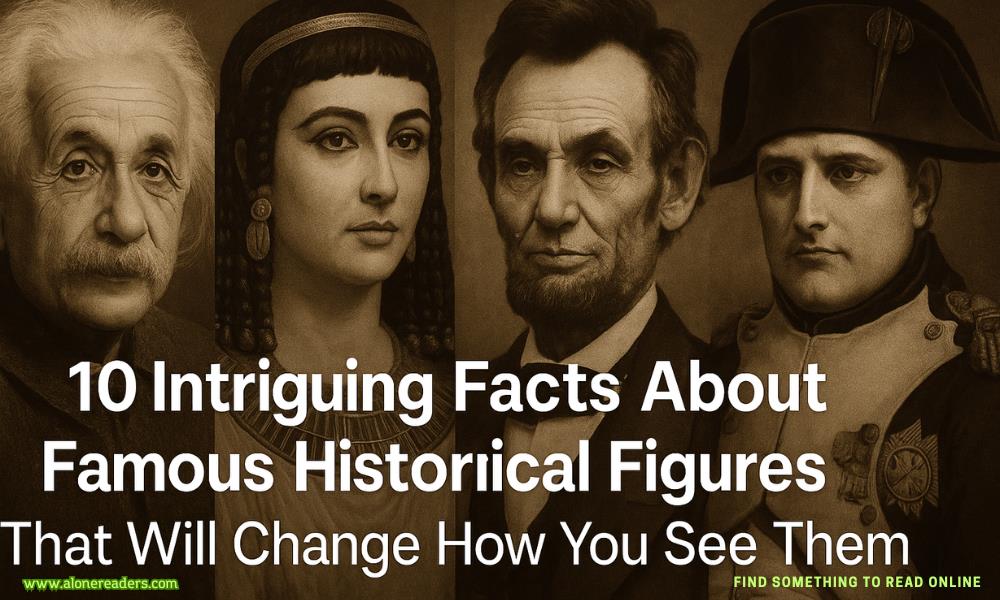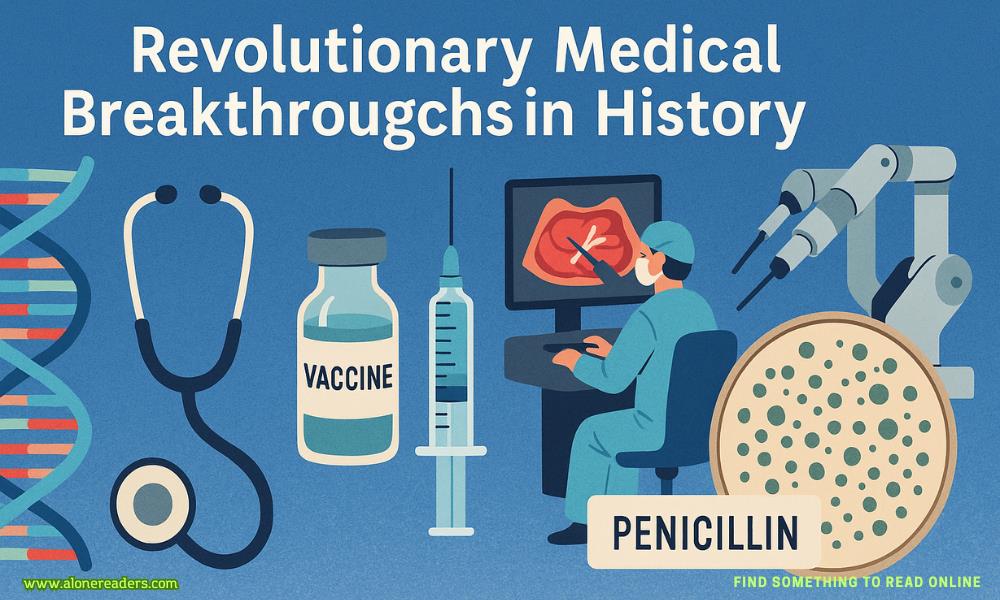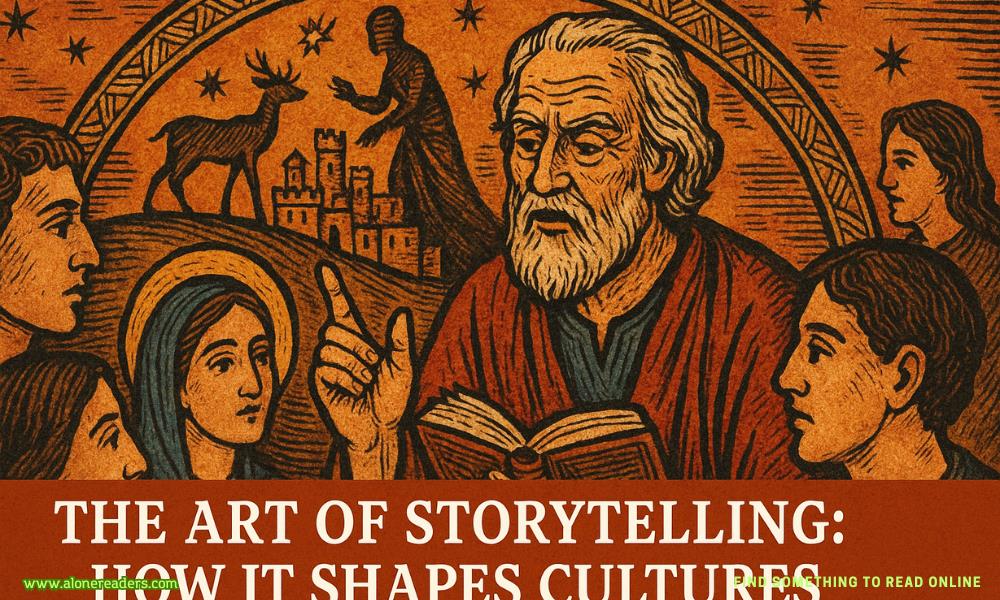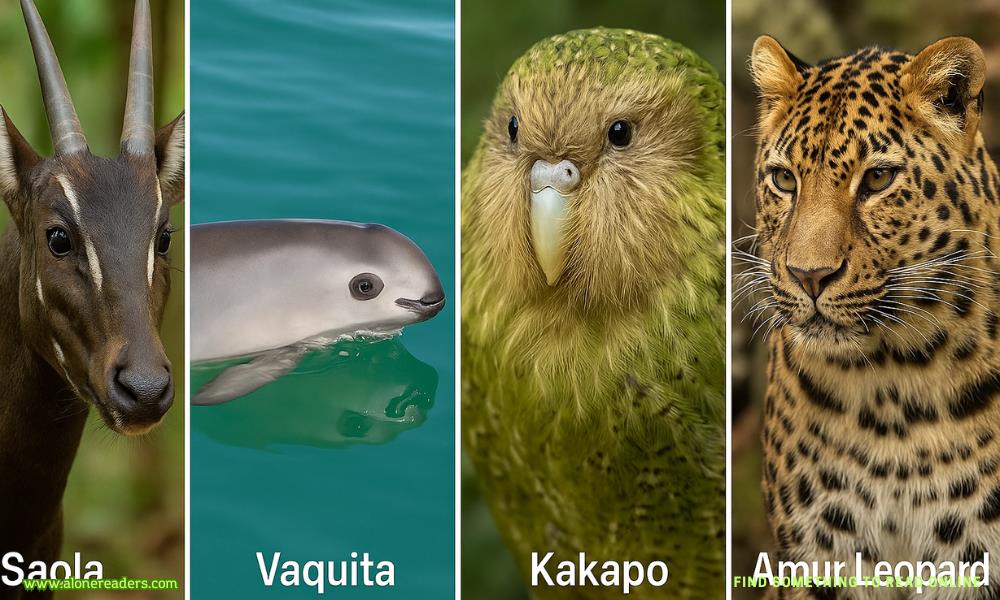Page 82 of Jackie
It’s like a nursery rhyme. Young girls who come back to their desks, hair wet, after a midday topless dip with drinks and cheese puffs in the White House pool.
I know some of their names. Not all. Just recently I learned the lovely Helen Chavchavadze joined the ranks. Her maiden name was Helen Husted. First cousin to my once-upon-a-fiancé Johnny Husted. What upset me about her, in particular, was that I’d been the one to invite Helen to a dinner party when we still lived in Georgetown. Of all the fish in the sea, couldn’t he have the decency to keep his flings out of my history?
The list is absurdly long. Names I’ve never heard of—women who perhaps had no names. At least to him. It’s like working through a crossword puzzle. One woman across. One woman down. Trying to fill the blanks of all those tiny boxes that pick away at me.
—
On Valentine’s Day, my television special airs, A Tour of the White House. The restoration isn’t done. I have to keep reminding Jack. Just because the show is finished doesn’t mean the work is. I’m drafting new plans for the Green Room.
Jack and I watch the special on a small TV set. I look like a doll in a box. My voice sounds odd, tinny, and I can see the tension in my face underneath the practiced calm—how difficult it is sometimes to keep that kind of expressionlessness. It feels eerie, watching that poised plastic version of myself, that tiny woman in the tiny TV with the bouffant sprayed hair and triple collar of pearls around her neck as she talks through one era of American history into the next, walking from the state rooms to the staircase and explaining how the private rooms of the family were, during Lincoln’s time, the offices of the president. Lincoln’s bedroom once doubled as the Cabinet Room. The woman on the TV climbs the stairs. “I’m so glad it isn’t that way now,” she says, that hushed voice, that little smile.
Just days ago, we learned that André Malraux was targeted for assassination. A bomb in his apartment. He wasn’t killed or even injured, but a four-year-old girl in his building was blinded. Jack wanted to be sure I knew before I read it in the news. Now, as we watch the woman on the small box of the black-and-white TV screen, I think about that blinded little girl, the anonymous collateral horror. I think of the trees, the snow, the faces she will never see again. She might live into old age, but a simple passion has been stripped from her just because one man was convinced he needed to destroy another. Beside me, Jack shifts a cushion behind his back. He’s focused on the woman on the screen, the moving likeness of me, as she talks about the People’s House and its evolving place in history. He’s unusually still, a warmth on his face, a kind of pleasure, and I can tell he is finally grasping the larger, cogent vision I was after, what I’m still working to achieve.
“It’s really good, Jackie,” he says as the show ends, that spark in his eyes I love.
A week later, after four postponed flights, astronaut John Glenn—one of the Mercury 7—orbits the earth in an Atlas rocket. February 20, 1962. The world stops that morning. Americans at work, at school, and at home pause in their ordinary lives to watch the countdown and the launch off Cape Canaveral. Glenn asked his children to help name the rocket. They chose the name Friendship. Jack shows me photographs Glenn took from space looking back toward the curve of the earth, the land masses below, that rim of blue and cloud, the dark of space behind it rising like a new sky.
“Now we’re getting somewhere,” he says.
…
In March I travel with Lee to India and Pakistan. An informal diplomatic trip Jack has asked me to take. For me it’s an opportunity to explore the art, customs, and architecture of two countries entirely different from anywhere I’ve been. John Kenneth Galbraith, the U.S. ambassador to India, is our guide. We land in New Delhi and spend our first evening with Prime Minister Nehru and his daughter, Indira Gandhi. I ask to travel, whenever possible, by rail and car. I want to see where people live beyond the cities and palaces, those smaller villages where older, unmodern traditions can continue outside time. I pick out books on Mughal art to ship home. I let the prime minister’s cousin paint a mark of color on my forehead, green paint made of manure to celebrate Holi, the ancient Hindu festival that marks the end of winter, the coming of spring. The focus in the press—to an almost absurd extent—is on my clothes, Lee’s clothes, and the fact that we ride on an elephant. Jack makes light jokes about the elephant in more than one of his speeches at home.
When we land in Lahore, Pakistan, eight thousand people have gathered to meet us. We’re welcomed by President Khan. A former general and fluent storyteller, he came to Washington once and, in that brief encounter, he and I had an effortless rapport. I’ve been briefed on U.S. objectives in Pakistan, including access to an airbase outside Peshawar, which would allow our military to spy on the Soviets. I know my visit here is, in part, to serve those interests, but I love the tales Khan tells of his adventures as a young man—he fought for the British Indian Army in World War II, then became the first native-born commander in chief of the Pakistan Army. He has such passion for his country and a commitment to peace with India. I love the bold swagger in his voice as he describes seizing the presidency in Pakistan’s coup d’état. He’s arranged a dinner for us in the Shalimar Gardens. We travel to the mountain regions of the country that border Afghanistan. Near the Khyber Pass, once a part of the Silk Road, tribal leaders present me with a sheep and a dagger, curved like a crescent moon. As we drive to the garrison city of Rawalpindi, I admire President Khan’s Karakul hat.
“Then it’s yours,” he says. With a flourish, he takes it off, holding it out to me.
Before we leave to fly home, he presents me with an exquisite bay gelding named Sardar.
“You love horses,” he says. “This gift is for you to remember the time you spent in our country.” The crowds in the streets outside the governor’s palace shower us with rose petals.
It’s the first time an American First Lady has traveled to this country.
—
“I loved that trip,” I tell Jack on my first night home. “I love how the immersion into an entirely new place changes the way I understand the world and our accountability to it.”
And I forget, I could add. I forget how hard it is to watch that faint wink I just saw you give the new pretty girl in my office. Though I’d been home for less than three hours, I felt you turn away from me, from us, toward her.
I don’t say it that evening, but the hurt feels sharp enough that I could. However short-lived those moments are, it’s become harder to let them skim by. The shame of bearing witness to them and knowing that everyone around us pretends not to see what we all do leaves me fractured. It’s corrosive. I am not fine.
“You all right, Jackie?” he says, the evening edition of the paper on his lap. He turns a page.
I don’t answer.
…
André Malraux is coming to Washington in May. After declining two invitations I sent through the French ambassador, he accepted when the invitation came from me. I felt my heart lift when I received his note. I began to plan a running guest list for the dinner: bibliophiles; intellectual mavericks; authors, musicians, artists whose works are well received in France—Mark Rothko, Julie Harris, Aldous Huxley, Thornton Wilder, Elia Kazan, Lee Strasberg.
The night before Malraux arrives, I completely redraw the seating chart. I run an arrow across the room and move Arthur Miller to my table.
What was it like, I want to ask him, being married to Marilyn Monroe, with her mood swings and sybaritic need? She had quietly filed for divorce, I’ve learned, the day after Jack’s inauguration, maybe hoping the world would be too distracted to notice. I don’t allude to any of this, of course, sitting next to Arthur Miller that night.
“I’ve always been haunted by The Crucible,” I say instead. “There’s something timeless about that play. How every age will have its witch hunt. Tell me more, please, about how you see it.”
I’ve put more personal thought into this dinner than any other. I swapped out all the chairs, exchanging the velvet upholstered ones for delicate bamboo seats. I asked Mr. West to have the bulbs in the chandeliers replaced. The light felt too brash. I wanted it softer, an air of mystery. I spent hours on the menu. Chilled soup, a lobster salad once served to King Louis XV by a French courtesan. After dinner, in the East Room, there will be a concert. Violinist Isaac Stern, cellist Leonard Rose, pianist Eugene Istomin. Performing Schubert’s Piano Trio in B Flat Major.
I care deeply what Malraux thinks.
- The Prince's Secret Twins by Elizabeth Lennox
- Tangled Desires by Tory Baker
- At the Edge of Surrender by A.L. Jackson
- A Touch of Fate by Cora Reilly
- Untouchable Love by Lucy Darling
- After Hours by Caitlin Crews
- Shelter from the Storm by Mari Carr
- Someone Knows by Vi Keeland
- Hawk by Fiona Davenport
- The Silencer by Brooke Summers
- The Beat of her Heart by Emily Hayes
- The Neighbor's Son by K. Webster
- Vasily the Hammer by C.B. Alice
- Convenient Vows by D.C. Beks
- Wrapped in Silver by Sara Vice
- Ruined By Capture by Sherry Blake







